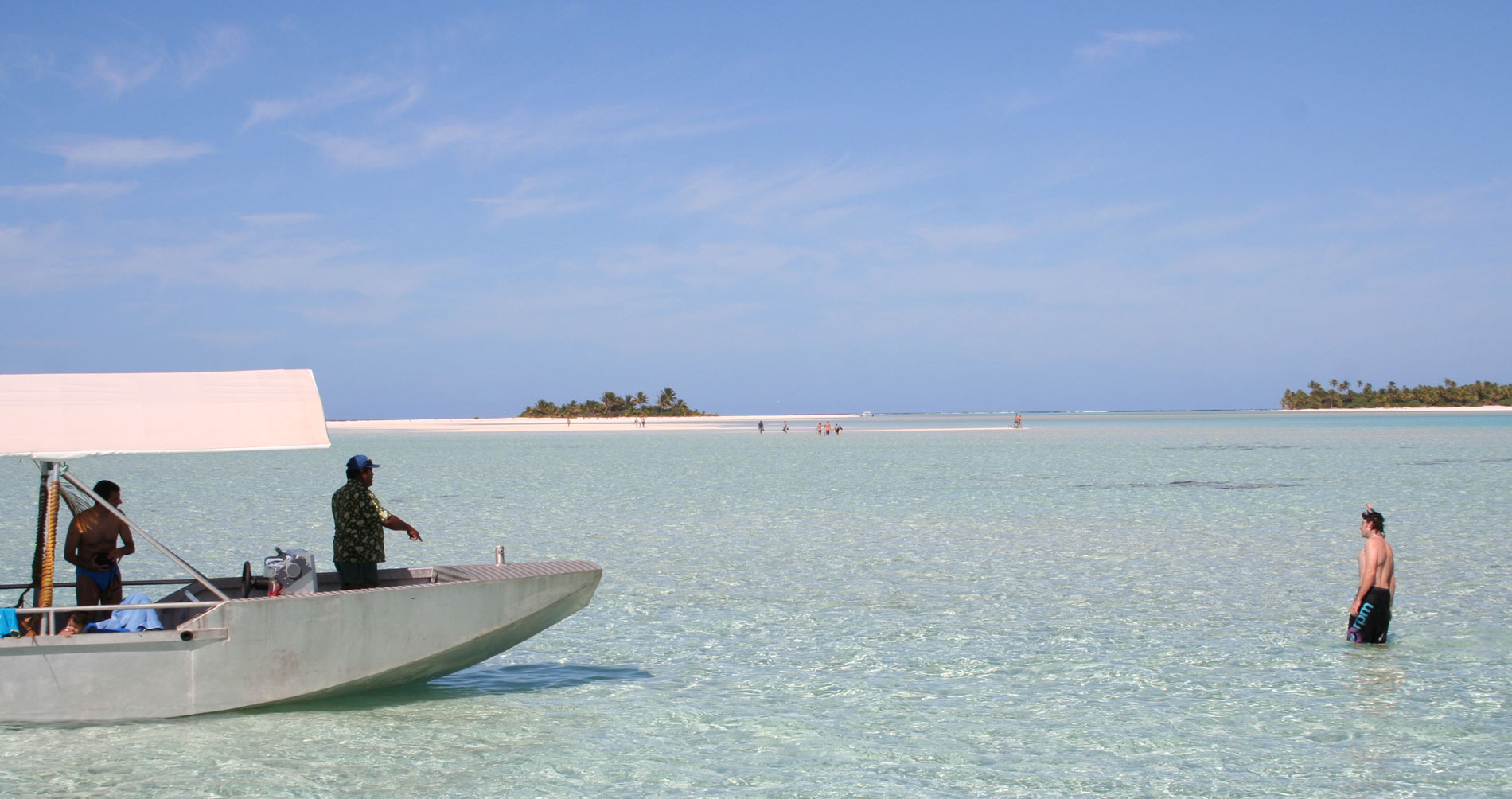How is Chikungunya spread?
Chikungunya is spread by an infected daytime-biting mosquito. Mosquitos become infected from feeding on an already infected person or in some cases, wild animals such as monkeys.
What are the symptoms of Chikungunya?
Symptoms of the disease include
• Fever
• Headache
• Fatigue
• Nausea and vomiting
• Muscle pain
• Rash
• Joint pain
Chikungunya fever is a ‘sudden onset’ illness which typically lasts from a few days to a couple of weeks, however, some people have prolonged fatigue lasting much longer. Additionally, some can have debilitating joint pain, or arthritis, which may last for weeks or months. There is no specific drug treatment for the chikungunya virus. Bed rest, fluids, and mild pain medications to relieve symptoms of fever and aching are recommended. All persons with Chikungunya fever should be protected against additional mosquito bites to reduce the risk of further transmission of the virus.
Who is at risk?
Risk of this illness exists throughout the day as the main mosquito carrying the disease is a day time biting insect. They typically bite indoors or outdoors near a dwelling.
In general, people at increased risk for severe disease include newborns exposed during delivery, older adults >65 years, and people with medical conditions such as high blood pressure, diabetes, or heart disease.
How to avoid Chikungunya
There are no preventive medications or vaccines for Chikungunya fever, but there are steps you can take to reduce your risk of being bitten by infected mosquitoes.
- Minimise mosquitoes: mosquito-prone areas (such as vessels holding water, discarded cans and bottles, and old tyres half submerged in swampy water) are the types of places mosquitos can breed.
- Burn Mosquito coils in the immediate area. CARE is suggested here because breathing problems, or even asthma, may rarely develop.
- Electric plug chemicals will also help to repel mosquitoes from a room.
- Spray a “knock down” insecticide in sleeping and living areas.
- Understand the feeding and behavioural patterns of the mosquito carrier.
- Use insect repellent on exposed skin surfaces, particularly during the day.
- Repellents containing 30% to 50% DEET (N,N-diethyl-m-toluamide) are recommended.
- Clothing and mosquito nets can be treated with Permethrin for greater protection.
- Stay in accommodation that is well screened, or has air-conditioning, and that takes measures to reduce the mosquito population, where possible.
- Reduce mosquito breeding sites by emptying standing water that may have collected in containers (eg: uncovered barrels or flower vases) by either overturning the vessels or covering the opening.
- If illness develops, take precautions to limit mosquito bites and to avoid further spread of infection, eg: use a mosquito net
- Avoid perfumes: mosquitoes are attracted to scents.
- People at increased risk for severe disease should consider not traveling to areas with ongoing chikungunya outbreaks
Further information about Chikungunya
Please note that the recommendations given are general guidelines as to what may be required for a trip to these countries. However, they really do depend on many factors of your travel itinerary and medical history. All travellers are strongly advised to make an appointment to see a WORLDWISE Travel Doctor for up to date advice (including a vaccination plan and anti-malaria recommendations) tailored specifically to your upcoming trip.
Remember, our Travel Health Specialists are travellers too and have probably been to the region that you are going to. They appreciate the importance of enjoying a problem-free trip and of staying healthy abroad.

